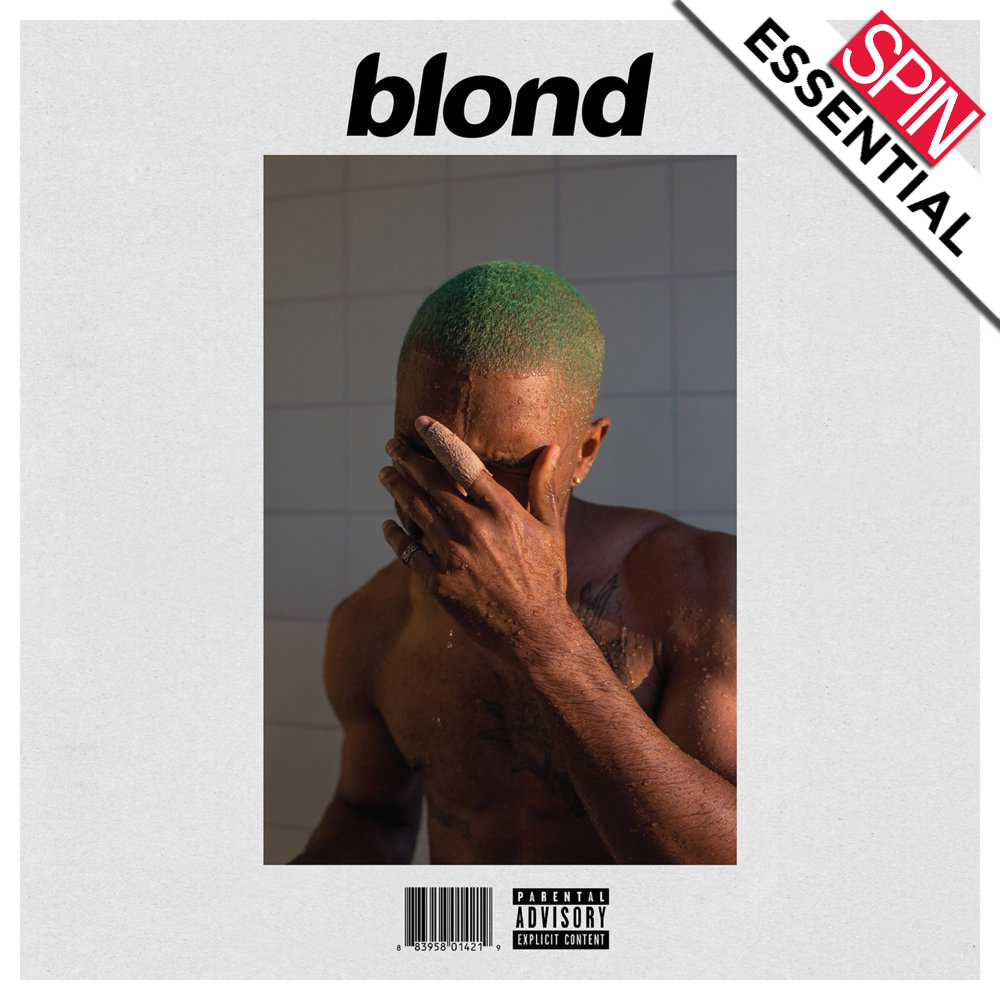Release Date: February 21, 2012
Label: Slumberland
On Interstellar, the best thing Frankie Rose has ever touched, the raven-haired songwriter seems to have found the luminous freedom she’d been pursuing for so long. For a while there, Rose’s most distinguishing characteristic was her creative restlessness. Ever since relocating from San Francisco to New York in 2007, she’s burned through four musical commitments in five years. First, in a Spinal Tap-like succession of drummers, she backed up wobbly lo-fi micro-starlets Vivian Girls. Then after an “ugly” (her words) split, the Williamsburg resident spent time as the stand-up beat-keeper in Silver Factory throwbacks Crystal Stilts, followed by a singing-and-pounding shift in fuzz-gum foursome Dum Dum Girls.
Next came Frankie Rose and the Outs, a dulcet girl-group in which Rose’s starring role as melody maker, guitarist, and “Zelig of the Brooklyn indie scene,” as one observer awkwardly put it, was the sales pitch. The self-titled album was a swooning tribute to reverb sweetness: Eleven songs under 30 minutes, all tidy little packages of tambourine palpitations and polyphonic harmonies that some capsule-biographer nincompoop described as “estrogen-soaked.” (“PUKE,” Rose gagged on Twitter. “I kept picturing myself on stage w/a supersoaker filled with estrogen to spray the audience with.”) They survived long enough to fundraise successfully a $4,000 tour van on Kickstarter, and land Frankie in the New York Times Style Magazine, modeling a $1,195 Dolce & Gabbana bodysuit.
But now, finally and truly on her own, Rose delivers her finest work. She enlists Le Chev, the fake-Frenchie alias of Avan Lava co-founder Michael Cheever, who also mixed the Frankie and the Outs’ single “Candy,” turning an otherwise simple burst of two-minute-plus Phil-Spector-chaperoned prom-jitters into six minutes of self-congratulatory bottle-service burping. Fortunately, the vapid gloss of “Candy” was misleading: Aided by Cheever and dominated by Rose herself, Interstellar is a post-punk triumph, a sine wave of angel-choir bombast and baritone-guitar bliss and celestial figurativeness — like a Factory Records tribute album to “The Age of Aquarius.”
The title track opens like a landing, electronic wind chimes tinkling as if heralding a distant figure, with Rose’s voice emanating from an invisible zenith, soothing and majestic. That’s one of Interstellar‘s consistent feats: Her vocal tracks frequently sound disembodied or beamed in, emitted from a host both otherworldly and superior. (Definitely not someone who Tweets.) This is especially transcendent in the gorgeous piano ballad “Apples for the Sun,” a mixed-metaphor title that only makes literal sense as a Fiona wink, in which Rose’s angel breath echoes beatifically, floating down like answered-prayer confirmation or post-confessional catharsis. If Guns N’ Roses’ ICU-opera “Coma” is what it sounds like to get hit by a car and wake up in Hell, this is what it would sound like to wake up anywhere else.
Pre-Brooklyn, Rose taught herself how to play drums in Shitstorm, a terrifically named Bay Area outfit with Grass Widow’s Raven Mahon and Hannah Lew. (On the band’s lingering MySpace profile, she’s identified as “Frankie the Grumpy,” wearing a fake handlebar mustache.) What’s left online of their catalogue, all amateur fumbling and horn hemorrhages and dissonant squall, doesn’t foreshadow Interstellar, exactly, but it does help explain how Rose could pull off a record so inventively different than her previous engagements with jangle-pop retromania. Another piece of revivalism, though a separate strain of ’80s quintessence and esoteric footnotes, Interstellar succeeds in expertly appropriating its forebears instead of regurgitating them. “Moon in My Mind” draws its dark-wave atmospherics from Section 25 and its spring-reverb surf-menace from the Tornados. “Daylight Sky” borrows the Wake’s thrumming listlessness as a backing track for dispassionate, High-Places-style karaoke. And “Night Swim,” a near-perfect standout, is either the Go-Go’s playing a house party in the style of the Cure, or A-ha’s “Take on Me” written from the other side of the illustration. Happy Harry Hard-On, Christian Slater’s Pump Up the Volume pirate-radio DJ, would’ve loved it.





